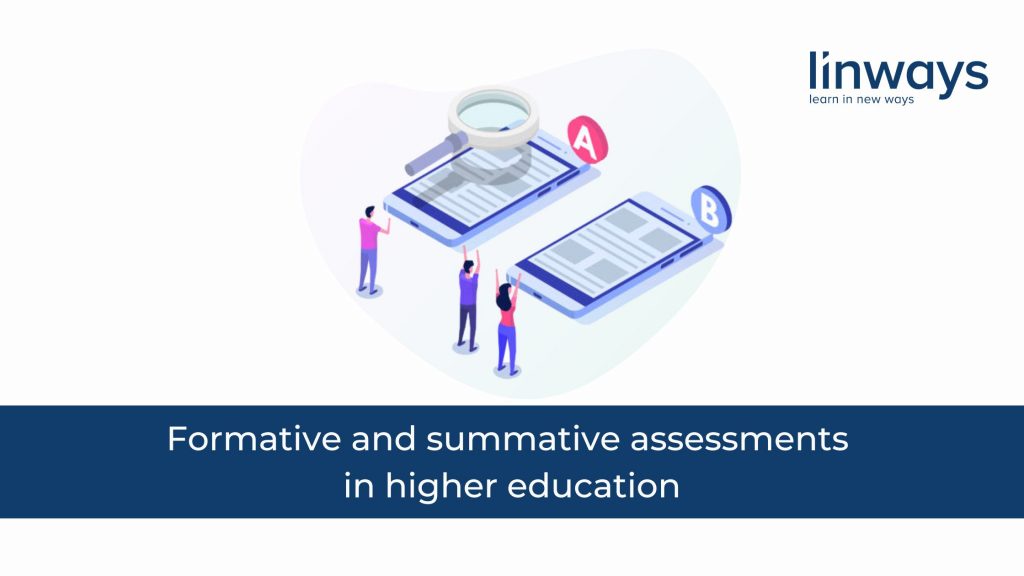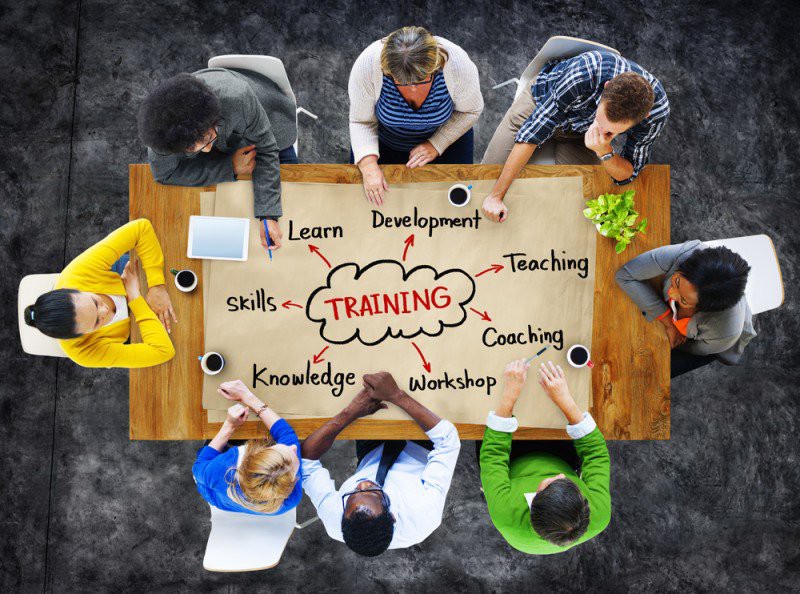As students, most of us have been victims of the cruelty of our favorite physical education hour being taken away by a subject teacher. In most cases, the villain was the dreadful maths teacher. Never did they realize how much the physical education hour meant to us, just kidding.
There is a common perception that sports and physical education are of secondary importance and what really matters is academics alone. Many believe that devoting time to sports and physical activities will take away the time for important subjects and will negatively impact students’ performance.
However, researchers have proven that participation in sports and physical activities positively impacts students’ academic performance. Effective integration of sports in the curriculum increases the students’ ability to learn and apply new skills and knowledge. It also increases the students’ levels of attentiveness in the classroom. Finally justice to the victims of stolen physical education hours.
In this context, our team analyzed the way various sports coaches train their students. Although sports coaches and academic teachers are of different professional nature, the two positions are synonymous in one way or the other. Both share similar goals and responsibilities. Both impart education and lessons and help students/athletes to step up to the next level and achieve their goals.
These similarities between the two professions and the positive impact of sports on education make one thing clear. Teachers can learn from sports coaches the strategies they use on the field to ensure success in the classroom. We studied from various coaches their working patterns and strategies and came up with a few lessons that teachers can learn from sports coaches to implement in the classroom to accelerate teaching-learning.
What teachers can learn from sports coaches :
1.Have a philosophy that reflects your core values :
Having a strong philosophy that reflects your core values is essential for a coach’s success as it helps in guiding their actions and be more persistent in their interaction with the athletes. Likewise, great teachers should uphold core values in guiding their actions and interaction with their students. The depth of these values defines the greatness of a teacher.
2.Build strong relationships with the team :
The key to effectiveness in any form of training is the relationship established between the trainer and the trainee. Through strong relationships, the coach can empower athletes, improve communication and find out their strengths and weaknesses. A teacher should be able to build strong relationships with the students to empower them, communicate with them, and understand their strengths and weaknesses.
3.Teach life skills :
Coaches systematically teach life skills to athletes with the hope that the athletes are learning skills that they can apply outside of the sport to help them navigate through life.
Teachers in their classrooms can intentionally and systematically teach life skills to the students. There are many ways teachers can teach life lessons to their students. The first is to be a productive role model for your students. Model the life skills you are trying to teach such as discipline.
Second, systematically include life skills as a part of the curriculum. For example, you can try including a goal-setting session at the end of the session to teach the students how to make effective goals,
Third, include discussions with the students frequently to understand how they are transferring what they have learned to other domains of life.
Finally, ensure the students are practicing what they have learned.
4.Ask open-ended questions frequently :
Coaches frequently ask open-ended questions to athletes to encourage discussions. This empowers the team to express their opinions and shows them they have a role in the team’s actions.
When teachers frequently ask open-ended questions to their students, it will empower them to express their opinions and ideas. This will also impart a sense of belonging to the students.
5.Understand the generation :
Today’s children consisting of athletes and students are part of generation Z. Like all other generations, Gen Z to have its strengths and weaknesses. It is the job of a coach or a teacher to improve their weaknesses and capitalize on their strengths.
Gen Z is very good at adapting to technology. Coaches and teachers can take advantage of this and embrace technology in their training.
“Intelligence plus character-that is the true goal of education,” quoted Martin Luther King. The perfect blend of academics and physical activities can help teachers ensure that they generate a class of intelligent students and contribute to society a bunch of great characters.
Learn In New Ways is what Linways stands for. Education becomes more powerful when teachers use new and different methods for teaching. We believe one of the sole reasons for our existence is to assist teachers in making their vision of implementing new ideas of education come true with the right technology.
Also published on Medium.





2 Comments
Jaffin john
Awesome.
Margene
Hi! This is my first visit to your blog! We are a group of volunteers and starting a new project in a community in the same
niche. Your blog provided us beneficial information to work on.
You have done a wonderful job!